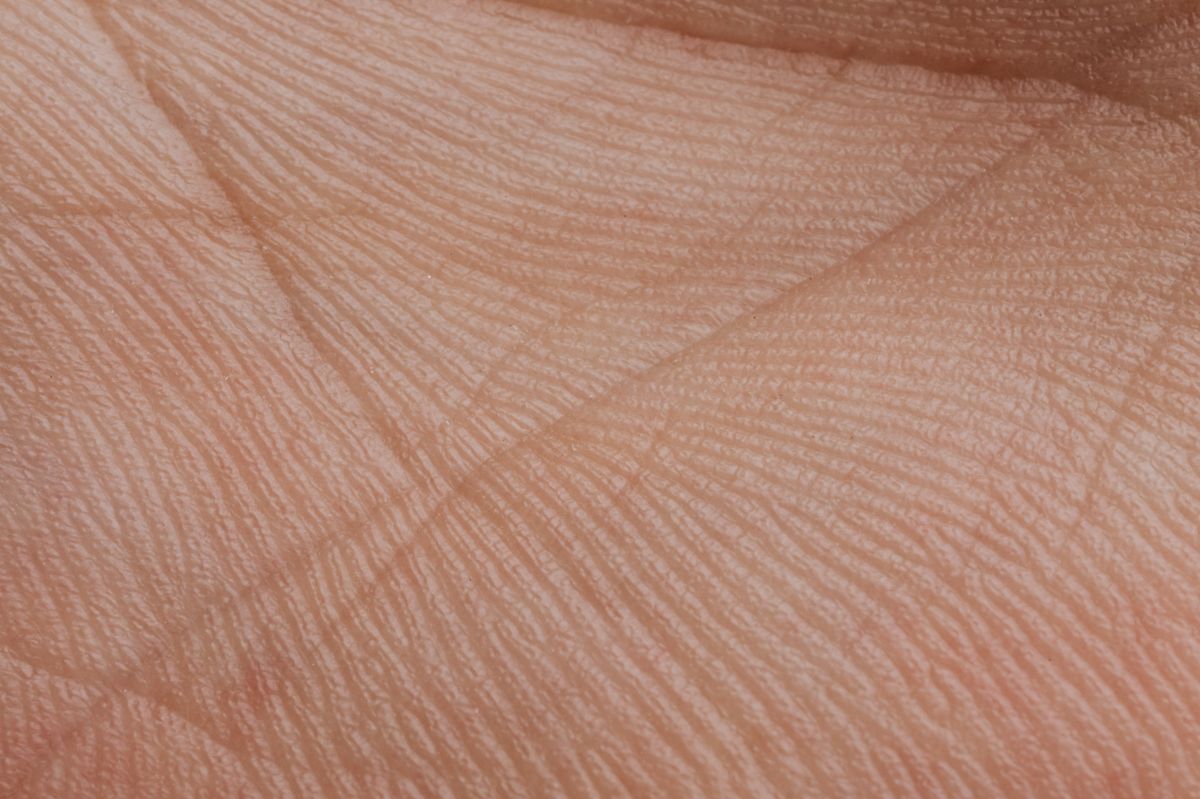The Status of Dermatology & Skincare in 2023

Dermatology is a branch of medicine that deals with the skin, hair, nails, and mucous membranes. In 2023, the status of dermatology and skincare is that it continues to be a rapidly growing field, as more and more people are becoming aware of the importance of taking care of their skin.
One of the most challenging aspects of dermatology and skincare is that it can be difficult to determine what products and treatments are effective and safe for different skin types and conditions. There are countless skincare products on the market, and it can be overwhelming to navigate them all. In addition, there are a variety of skin conditions, such as acne, eczema, and psoriasis, that can be difficult to diagnose and treat.
Despite the challenges, there is hope for individuals looking to improve their skin health. In recent years, there have been significant advances in our understanding of the causes and risk factors for various skin conditions. This knowledge has led to the development of new treatments and interventions that can help reduce symptoms and improve quality of life for those living with it.
One example of this is the use of topical retinoids, which have been found to be effective in treating acne and preventing signs of aging. Additionally, there has been a growing awareness of the importance of sun protection, which has led to the development of more advanced sunscreen formulations that provide broad-spectrum protection against both UVA and UVB rays.
In recent years, the field of dermatology and skincare has made progress in reducing the barriers that prevent people from getting the help they need. This includes initiatives to destigmatize the condition, make dermatology and skincare more accessible, and increase awareness of skin health.
In conclusion, while dermatology and skincare continue to be a rapidly growing field, there is hope for individuals looking to improve their skin health. The increasing understanding of the causes and risk factors for various skin conditions has led to the development of new treatments and interventions that can help reduce symptoms and improve quality of life. It is important for society to continue to invest in research and support for individuals and families affected by skin conditions and to destigmatize the condition, making it more accessible for people to seek help. In addition, it's crucial to adopt healthy skincare habits, such as regular cleansing, moisturizing, sun protection, and avoiding harsh chemicals to improve overall skin health.

